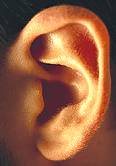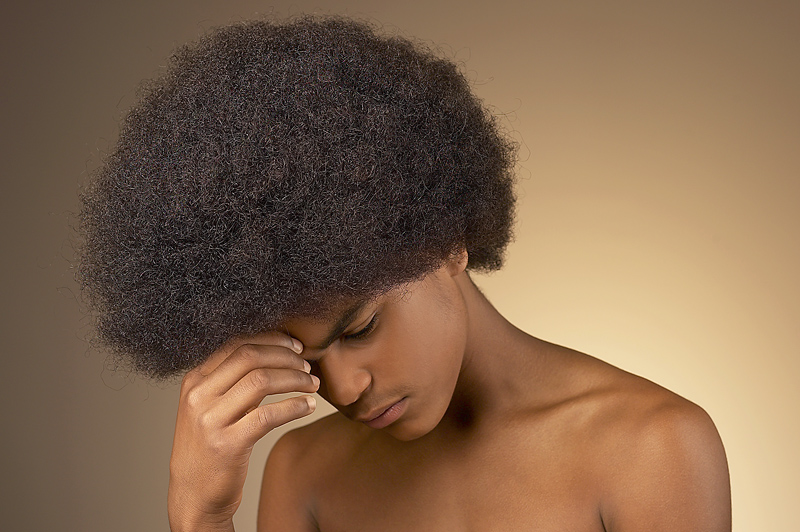
FRIDAY, June 27, 2014 (HealthDay News) — Some of the most common sounds of summer — such as outdoor concerts, fireworks and construction — can pose a threat to your hearing if you don’t take steps to protect yourself, an expert warns.
“Once hearing is damaged, it cannot be repaired,” Jyoti Bhayani, a certified audiologist at Gottlieb Memorial Hospital in Melrose Park, Ill., part of Loyola University Health System, said in a Loyola news release.
Ten percent of Americans have hearing loss that affects their ability to understand normal speech. While aging is the most common cause, excessive noise can also damage hearing.
“Hearing loss due to excessive noise is totally preventable, unlike hearing loss due to old age or a medical condition,” she added.
Earplugs are recommended for prolonged exposure to noise levels of 85 decibels and above, such as: lawnmowers and shop tools (90 decibels); chainsaws and drills (100 decibels); power saws (110 decibels); loud rock concerts (115 decibels); race cars (130 decibels); and fireworks/jet engine takeoff (150 decibels).
It’s a good idea to buy earplugs and keep them in your purse, backpack or briefcase so that you can use them whenever you’re exposed to loud and continuous noise. If you don’t have earplugs handy, you can use your hands or a scarf to cover your ears, Bhayani said.
Ear buds for listening to music are a major threat to young people’s hearing, according to Bhayani.
“Three in five Americans, especially youth, are prone to develop hearing loss due to loud music being delivered via ear buds,” she said in the news release. “Hearing aids have yet to become status symbols so young people need to wise up and turn the volume down on their ear buds,” she added.
Swimmer’s ear is another common problem during the summer.
“Swimmer’s ear is caused by painful membrane swelling due to trapped moisture in the outer ear,” Bhayani explained. “Multicolor customized plugs for swimming are available and a good investment to avoid painful, or costly, ear infections.”
More information
The U.S. National Institute on Deafness and Other Communication Disorders has more about preventing noise-induced hearing loss.
Copyright © 2026 HealthDay. All rights reserved.

